
The Fruit Case
By Lindsay Moyer & Bonnie Liebman. The information for this article was compiled by Jennifer Urban.
Download our guide on how to pick your own fruit: what to shop for, how to store it, and more.
Download our guide ranking fruits from the most to least nutritious.
1. It’s nutrient rich.
Fruit is famous for its vitamin C, but you can also expect a decent dose of carotenoids (watermelon), folate (mango), potassium (bananas), and fiber (raspberries), for example. Some even supply some vitamin K (kiwi), calcium (kumquats), iron (dried peaches), or magnesium (blackberries), to name a few.
If your aim is to get the most nutrient bang for your buck, check our fruit scores. But don’t feel like you have to fill your fruit bowl with nothing but guava. All fruit is good fruit. And it may turn out that flavonoids or some other phytochemicals in fruit matter more than the nutrients in our scores.
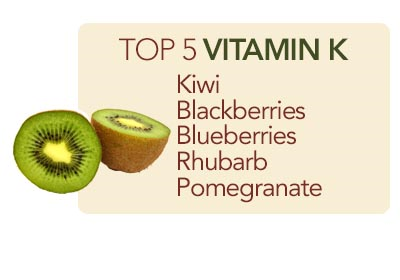
2. It isn’t calorie dense.
Most fruit is fairly low in calories per bite. That’s because it’s typically about 85 percent water. (Exception: raisins and other dried fruits have less water... and more calories.)
And it’s not just fewer calories per bite that makes fruit fill you up. The intact structure of plant cells also seems to matter. People feel more full after eating an apple than after eating applesauce or drinking apple juice, even if the apple juice has enough added fiber to match the fiber in the apple.1
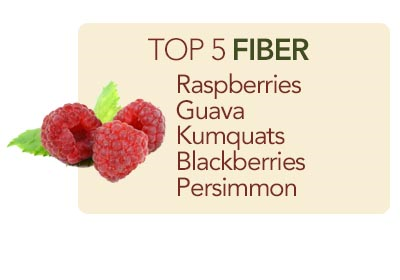
3. It protects the heart & brain.
The DASH (Dietary Approaches to Stop Hypertension) diet can lower systolic blood pressure by 8 to 14 points—as much as some drugs. And fruit is a key building block of DASH, which has about five servings of fruit per day. (Relax. The servings are small: just one piece or ½ cup.)
Why does fruit matter? It’s not entirely clear, but fruit is typically a reliable source of blood-pressure-lowering potassium.
What’s more, studies that track thousands of people for years find that those who eat more fruit have a lower risk of heart attack and stroke.2,3
And who knows. A luscious bowl of berries every day might help keep your brain sharp as you age.4
Talk about a win-win.
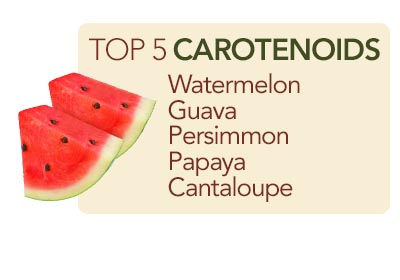
4. It's convenient.
How many other foods require zero prep? At most, you might have to do a quick wash, pull off a peel, or cut some slices or chunks. But few foods are so convenient. Bonus: fruit is portable and—if it’s whole—typically needs no refrigeration.
And it’s not just a terrific snack. Tired of the usual veggies in your green salad? Add some sliced apple, grapes, strawberries, or other fruit instead.
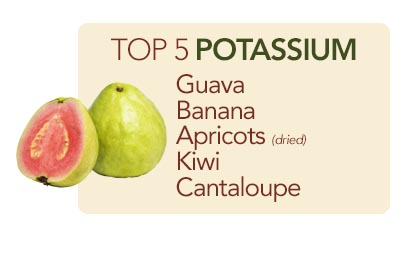
5. It can be cheap.
Yes, you can pay $6 for a pound of imported cherries in January. But fresh fruit is fairly inexpensive in season. And some fruit—like bananas and most frozen fruit—is cheap all year long.
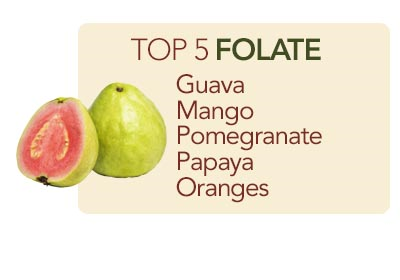
1 Appetite 52: 416, 2009.
2 Am. J. Clin. Nutr. 98: 1514, 2013.
3 Stroke 45: 1613, 2014.
4 Ann. Neurol. 72: 135, 2012.

